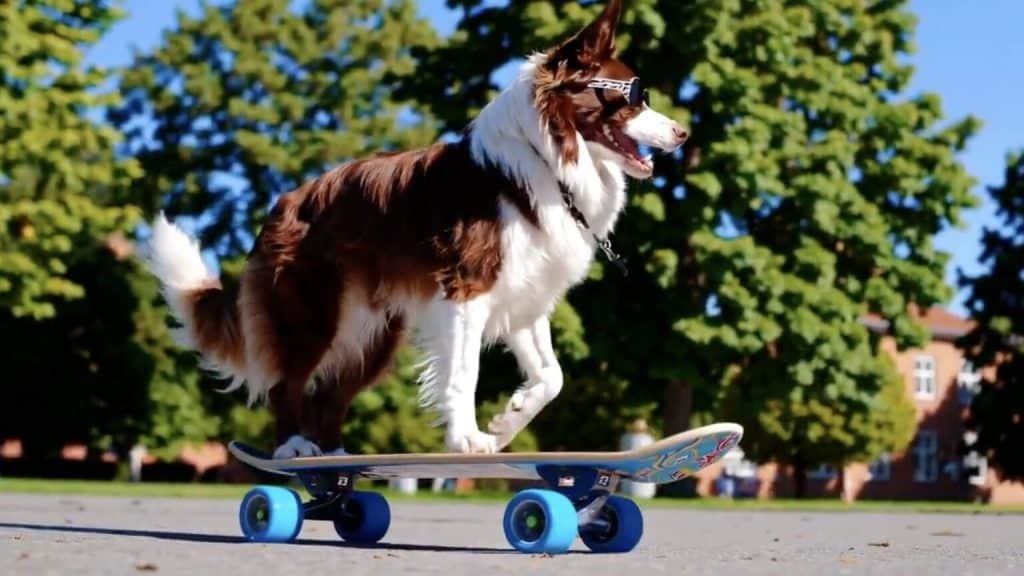
OpenAI has cut off testing access to its Sora video generation platform after a group of artists briefly shared their own early access in a publicly usable webpage Tuesday. The group, going by the moniker PR Puppets, claims the stunt was a protest against being asked to work as unpaid R&D and bug testers while participating in “art washing” of AI tools. But OpenAI says participation in the early alpha test is voluntary and has no requirements that testers provide feedback.
PR Puppets posted its “Generate with Sora” access point to Hugging Face at about 8:30 Eastern time Tuesday morning, according to Git commit logs. Quickly, AI experts on social media noticed the posting and confirmed that the page connected to endpoints on OpenAI’s actual Sora API and hosting on a videos.openai.com domain, presumably with authentication tokens provided to testers by OpenAI itself.
That access was revoked within hours, but not before plenty of eager followers managed to generate their own videos and share them on social media. An OpenAI spokesperson told The Washington Post the company is temporarily pausing all test access to Sora to evaluate the situation. Other users dug into the code to discover hints of different modes and “styles” that might be in development for Sora.
Who’s using whom?
In an open letter addressed to their “Corporate AI Overlords,” the PR Puppets group said that it was protesting on behalf of roughly 300 artists that had been provided early access to Sora only to “provide unpaid labor through bug testing, feedback and experimental work for the program for a $150B valued company [OpenAI].” The group claimed only a select few of those artists will see their work pay off in the form of wider screening for their Sora-created films and complained that OpenAI requires approval before any Sora alpha output can be shared publicly.
“We are not against the use of AI technology as a tool for the arts (if we were, we probably wouldn’t have been invited to this program),” PR Puppets writes. “What we don’t agree with is how this artist program has been rolled out and how the tool is shaping up ahead of a possible public release. We are sharing this to the world in the hopes that OpenAI becomes more open, more artist friendly and supports the arts beyond PR stunts.”

In a statement provided to Ars Technica, an OpenAI spokesperson noted that “Sora is still in research preview, and we’re working to balance creativity with robust safety measures for broader use. Hundreds of artists in our alpha have shaped Sora’s development, helping prioritize new features and safeguards. Participation is voluntary, with no obligation to provide feedback or use the tool.”
Throughout the day Tuesday, PR Puppets updated its open letter with signatures from 16 people and groups listed as “sora-alpha-artists.” But a source with knowledge of OpenAI’s testing program told Ars that only a couple of those artists were actually part of the alpha testing group and that those artists were asked to refrain from sharing confidential details during Sora’s development.
PR Puppets also later linked to a public petition encouraging others to sign on to the same message shared in their open letter. Artists Memo Akten, Jake Elwes, and CROSSLUCID, who are also listed as “sora-alpha-artists,” were among the first to sign that public petition.
When can we get in?
Sora made a huge splash when OpenAI first teased its video-generation capabilities in February, before shopping the tech around Hollywood and using it in a public advertisement for Toys R Us. Since then, though, publicly accessible video generators like Minimax and announcements of in-development competitors from Google and Meta have stolen some of Sora’s initial thunder.
Previous OpenAI CTO Mira Murati told The Wall Street Journal in March that it planned to release Sora publicly by the end of the year. But CPO Kevin Weil said in a recent Reddit AMA that the platform’s deployment has been delayed by the “need to perfect the model, need to get safety/impersonation/other things right, and need to scale compute!”




























